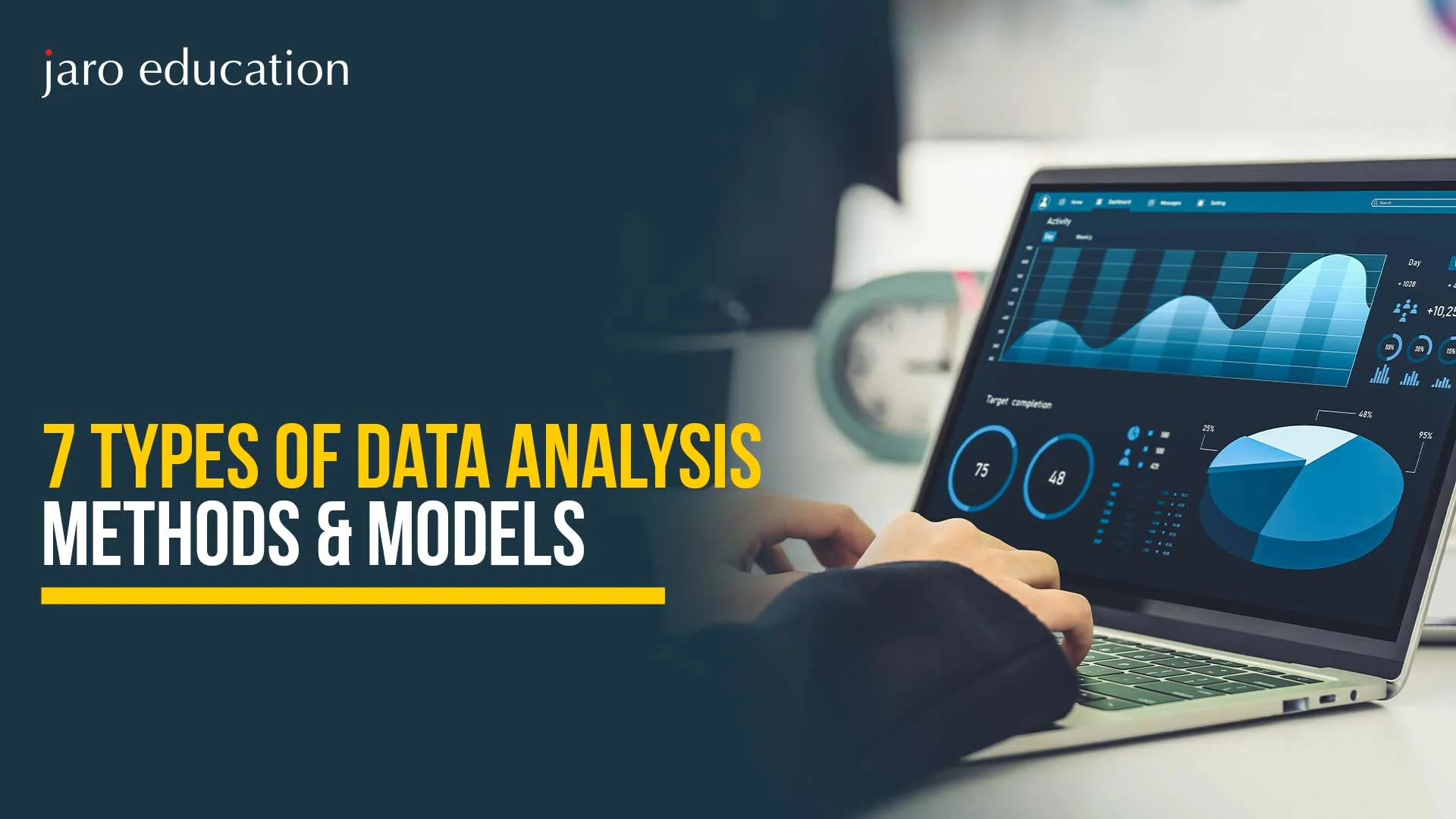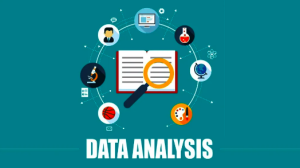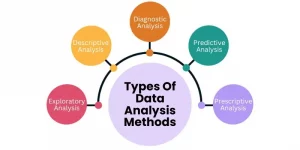
7 Types Of Data Analysis Methods & Models
In today’s data-driven world, businesses and researchers rely on robust data analysis methods to uncover insights and make informed decisions. Whether it is identifying customer trends, improving operation efficiency, or predicting future results, effective data analysis techniques play a major role in turning raw information into actionable intelligence. Among many approaches, the 7 types of data analysis methods, from descriptive to prescriptive, each have their very own purpose in understanding and interpreting data. One of the most common techniques is statistical analysis, where mathematical models are applied to identify patterns, correlations, and relationships within datasets. By combining these approaches to analytics, organizations can gain deeper insights, minimize risks, and drive smarter strategies with measurable results. In this blog, we will learn about the importance of data analysis, its benefits and various types of data analysis methods.
Table Of Content
Importance of Data Analysis
Benefits of Data Analysis Methods
Data Analysis Techniques
Learn Data Analysis in Depth With the ePost Graduate Diploma in Advanced Business Analytics (ePGD-ABA), Offered by IIM Ahmedabad
Conclusion
Frequently Asked Questions
Importance of Data Analysis
Benefits of Data Analysis Methods
Data Analysis Techniques
Data analysis techniques are essential for organizations to make informed, evidence-based decisions. These methods turn raw data into meaningful insights, allowing businesses to identify trends, solve problems, and predict outcomes. Each of the seven types of data analysis given below relies on specific analytical methods and tools to derive value from data.
Learn Data Analysis in Depth With the ePost Graduate Diploma in Advanced Business Analytics (ePGD-ABA), Offered by IIM Ahmedabad
Conclusion
Frequently Asked Questions
The four main data analysis methods are descriptive, diagnostic, predictive, and prescriptive analysis. Each of these data analysis techniques interprets data in different ways, helping to understand past trends and forecast future outcomes.
Although data analysis requires technical skills such as coding and database management, it goes beyond traditional IT roles. Professionals from various fields use data analysis techniques and statistical analysis to make decisions based on evidence.
Data analysis refers to collecting, organizing, and interpreting information to find meaningful insights. By using data analysis methods and statistical analysis, organizations can make informed decisions based on data.



